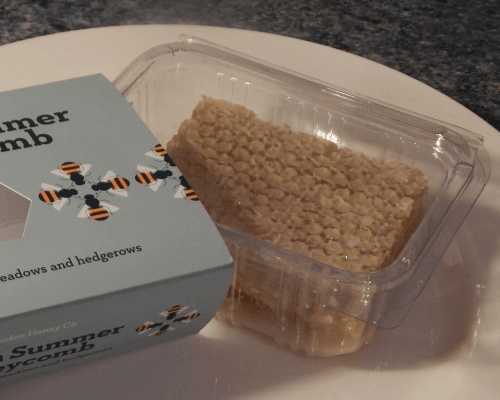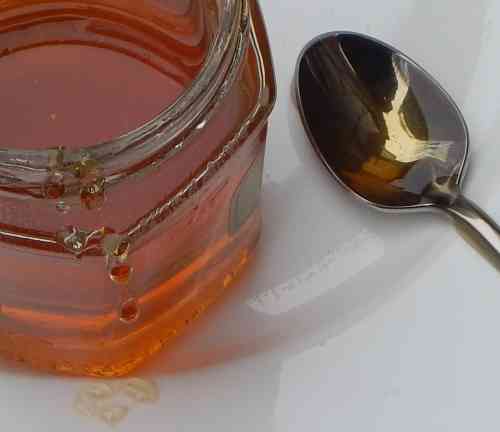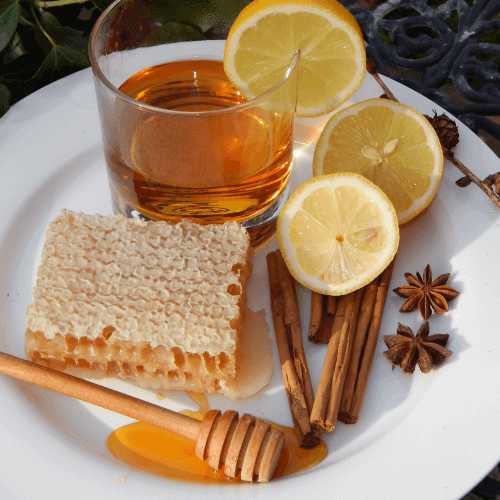Honey Buying Tips
Here are my honey buying tips, for purchasing quality honey.
1. Buy Local Honey Or Direct From A Beekeeper If You Can
By purchasing from a local beekeeper, you can ensure you are getting real honey, whilst supporting a small-scale business.
You will also have the opportunity to speak with the beekeeper and learn more about the produce, such as asking questions about where the bees might have been foraging, and how this might impact taste. Read more about Buying Honey Directly From A Beekeeper.
2. Try Different Variants And Presentations
Honey can be purchased in different presentations, such as set or runny, filtered or unfiltered, or in it's natural honeycomb state.
Honey can also be mono-floral, (made from nectar gathered primarily from one source, such as borage), or multi-floral.
Alternatively, honey can even be made from the secretions of aphids (honeydew honey).
The point is that there is a world of honey to explore, with and taste, aroma and colour will vary accordingly.
 Packaged honeycomb.
Packaged honeycomb.3. Buy Organic If You Can
However, note that international standards on 'organic' can vary, and 'local' may be less complicated.
4. Pay A Price That Represents The True Value Of Honey
If it's cheap, then surely, it's a good idea to consider why that might be the case. Depending on where in the world you live, there are some reports about imported, contaminated honey. So ...
- Can you trust the supplier?
- Is it pure honey or has something else been added?
- Have the bees been kept to a high standard?
Cheap is not necessarily better, and if it's not real honey you are buying, you may as well purchase something else.
5. Honey From The Supermarket? Check The Label
Sadly, in some regions of the world, honey is sometimes mixed with other products, such as corn syrup, so it's a good to check the label for additional information.
If you found this page helpful or interesting, I'd really be grateful if you would share it with others - if not this page, perhaps another, such as Gardening For Bees.
Thank you so much :) .

